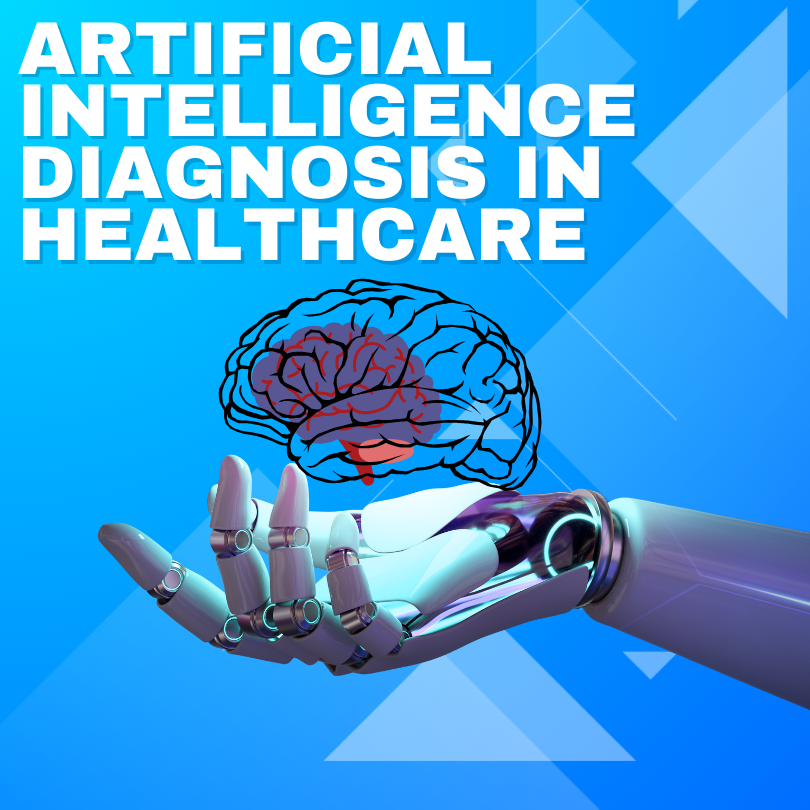
Outline Table
| Section | Main Heading | Subheadings |
| Introduction | artificial intelligence Diagnosis in Healthcare | Overview, Importance |
| The Evolution of artificial intelligence in the Healthcare | Historical Perspective | Early Beginnings, Recent Advances |
| How artificial intelligence is Transforming Diagnosis | artificial intelligence Technologies help in Modern Diagnostics | Imaging Techniques, Genetic Analysis, and Predictive Analytics |
| Benefits of artificial intelligence Diagnosis | Improving Accuracy and Efficiency | Reducing Human Error, Enhancing its Predictive Capabilities |
| Real-World Applications | Case Studies | Oncology, Neurology, Cardiology |
| Ethical Considerations | Navigating the Complexities | Privacy and Security, Decision-Making Transparency |
| The Future of artificial intelligence in Healthcare | What Lies Ahead | Innovations on the Horizon, Potential Challenges |
| Conclusion | Summary | Key Takeaways |
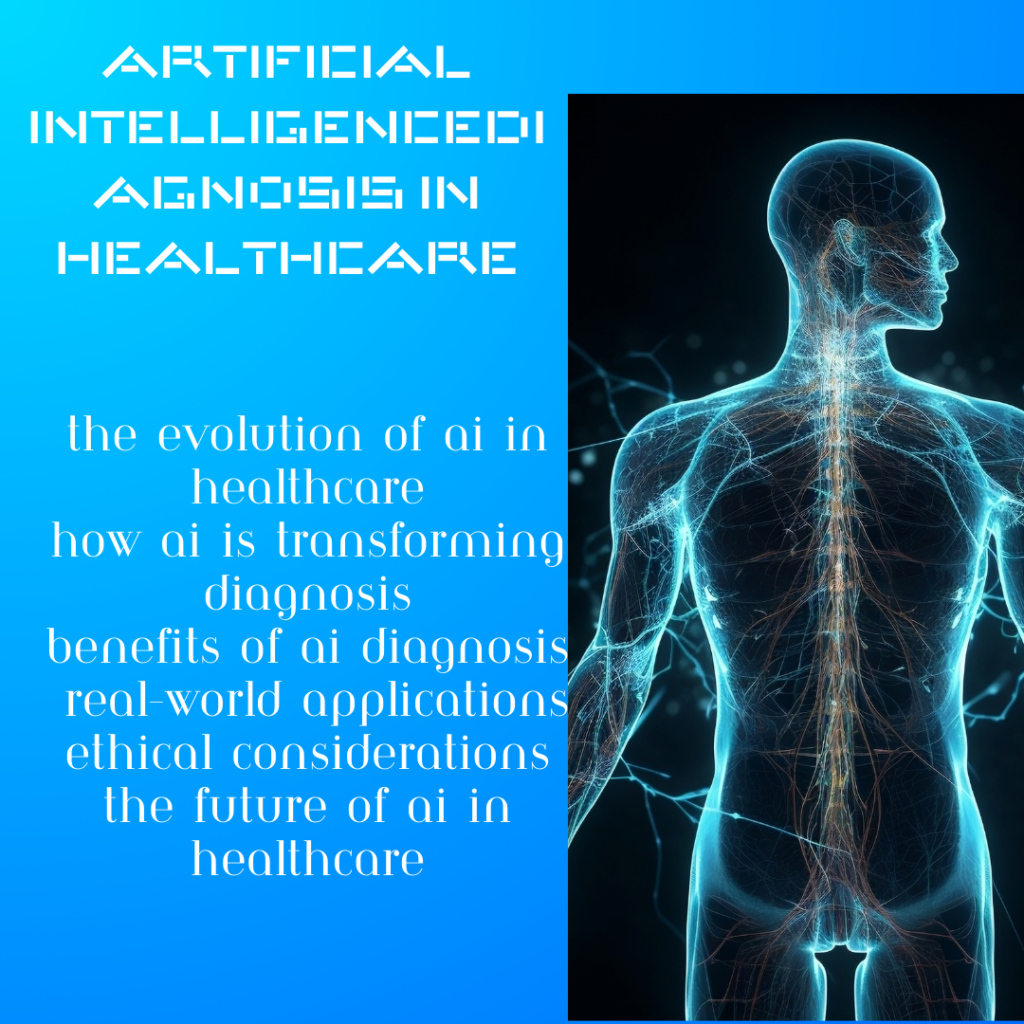
Introduction:
AI Diagnosis in Healthcare.
Artificial Intelligence (AI) in healthcare has a revolutionary shift in how medical diagnoses are approached. It has the capacity to analyze widely data sets far beyond the human capability practitioners alone, AI technologies are used in the region of precision medicine, where diagnoses are hurriedly, more accurately, and tailored to the individual.
The Evolution of AI in Healthcare.
Historically, the healthcare sector has been important in adopting many new technologies. However, the potential of AI to transform the patient outcomes has analyzed the rapid breakdown and integration of these technologies into the clinical practice. From the rudimentary AI applications of the late 20th century to today’s algorithms make it outperform and experienced the radiologists, this journey of the AI in healthcare is a testament to the human ingenuity and the relentless pursuit of the advancement.
How AI is Transforming Diagnosis.
In the era of diagnostics, AI technologies are making importantly inroads. Advancement in imaging techniques which empowered by the AI algorithms can detect the anomalies that are invisible to the human eye. Moreover, the integration of genetic analysis offers many insights into a patient’s predisposition to a certain diseases, which facilitating the early intervention strategies.
Benefits of AI Diagnosis.
The primary advantages of integrating the AI into diagnosis which have substantial increase in diagnostic accuracy and importantly reduction in diagnostic time system. This is not only improves and enhance the patient outcomes but also increased the workload on healthcare professionals, which allowing them to focus on the critical cases with give assurance that their patients are receiving rapidly swift and precise diagnoses.
Real-World Applications.
The practical applications of artificial intelligence in diagnosis are widely used and varied patient to patient. In oncology, AI-driven tools are being used to detect and trace the cancer at its early stage, which dramatically increasing the chances of successful treatment. It also help in Neurology and cardiology are other fields where AI diagnostics are making an incredible impact, which giving hope to patients with conditions that were previously deemed and untreatable.
Ethical Considerations.
Despite its many advantages and benefits, the deployment of artificial intelligence in healthcare gives significant ethical questions, importantly concerning the patient privacy and including the all transparency of artificial intelligence decision-making processes. To Navigate these problems is important to maintaining the trust in medical organization and will make sure that artificial intelligence serves the interests of patients.
The Future of AI in Healthcare.
Looking forward, the artificial intelligence have a lot of potentials in healthcare. As artificial intelligence have many advancements and the machine learning, the future promises have even more sophisticated and importantly diagnostic tools, which personalized the treatment plans, and may be, cures for diseases that remain the unconquered today.
Epilogue
In nut shell, Artificial intelligence diagnosis helps in diagnosis the healthcare is not just a futuristic concept but also present a reality transforming human lives. As technology evolves with the time, the capabilities of artificial intelligence in also diagnosing and treating diseases, give a new era of healthcare that is more smarter, more efficient, and as well as infinitely more capable.
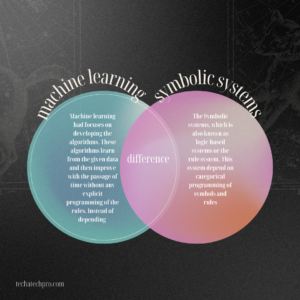




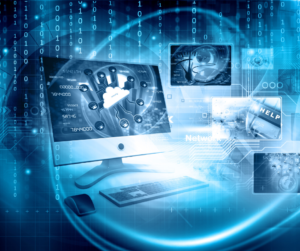

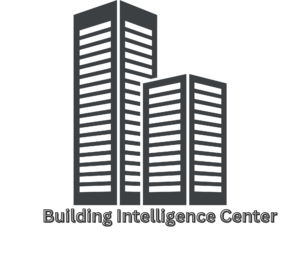
Good one article